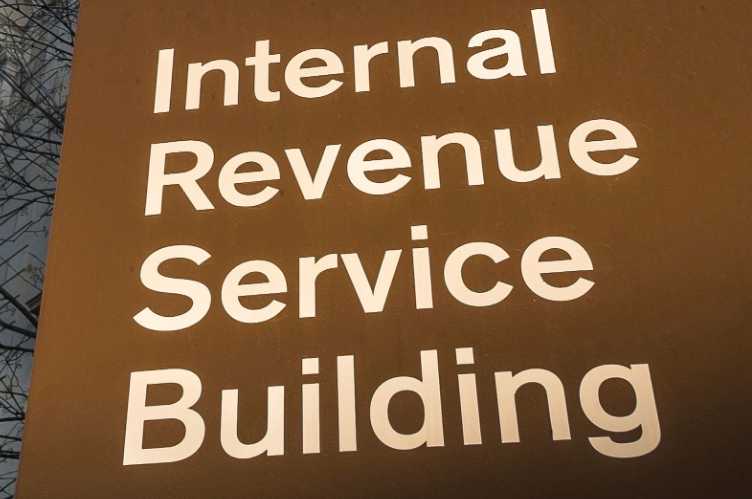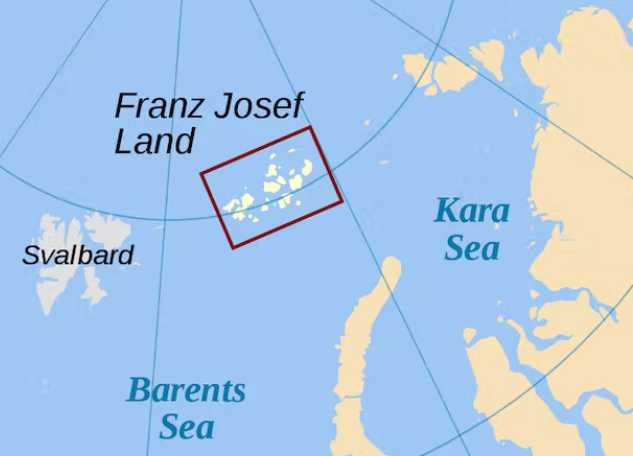 Approaching the 2nd half of the 2nd special session, the legislature has found a compromise on the operating budget, preventing a government shutdown. Now it appears there is some consensus on HB 111 (oil & gas credits) which the governor added to the call. Subsidizing the oil industry on the North Slope with tax credits poses a huge financial liability to the state of Alaska at a time when we are facing a $2.7 billion budget gap.
Approaching the 2nd half of the 2nd special session, the legislature has found a compromise on the operating budget, preventing a government shutdown. Now it appears there is some consensus on HB 111 (oil & gas credits) which the governor added to the call. Subsidizing the oil industry on the North Slope with tax credits poses a huge financial liability to the state of Alaska at a time when we are facing a $2.7 billion budget gap.
The Senate proposes these changes:
End cashable credits effective July 1st, 2017. The state simply cannot afford to subsidize industry at the rate we are currently. While undoubtedly disappointing to investors, this will provide clarity and stability, and gets the state out from under a huge and unsustainable burden.
Effective 1/1/18 there will be no tax credits for Cook Inlet or the North Slope
Also effective 1/1/18 losses can be carried forward to future years when profits are made.
The Governor’s proposal for ring-fencing losses (which we have advocated for years!) means that if losses occur in a field, and a company abandons or plugs the hole, the losses cannot be transferred to a another company or field. It’s simply good accounting – the field that produces the losses is the field you get your credit on.
The discussion about oil tax credits began in the mid 2000’s when prices were rising and the state saw a need to break the “oligopoly” on the North Slope, or the stranglehold that the big three had on production in the area. As all Americans know, competition is good, and is very good for the state when it comes to the oil industry. As originally conceived the credits were targeted, capped, and only allowed to go to small companies who could show they were using it to eventually produce in Alaska.
The credits worked and are the reason for many new discoveries. That said, when SB21 was passed, the credit regime exploded due to changes that allowed for nearly unlimited cash to be paid from the state treasury to oil companies. I and every member of the Senate Democratic Caucus opposed those changes at the time.
While we agree that credits are helpful, the policy failures of SB21 have come back to haunt us today and left unchanged. And the $1.2 billion state debt to the oil industry will only continue to grow, pushing the state into poverty even if oil prices rebound! So credits were good when they were targeted and capped. They spun out of control when some lawmakers decided to turn the spigot up to 11 and now people have come to their senses….finally!
That being said, the Senate will be headed back to Juneau soon and negotiations will continue though many of us are deeply disappointed that the changes in the tax structure didn’t go further. All is not lost however, as 3 sets of consultants have been hired to help us figure out how best to protect the state interests in oil and gas production. Those consultants start work later this month and we will demand a broader debate about oil taxes either this fall or in January.
Oil taxes are an immensely complex topic and frankly, I am in no way an expert. Here is a study on the topic for those who want more detail:
I’m Berta and I’m listening.[xyz-ihs snippet=”Adsense-responsive”]





